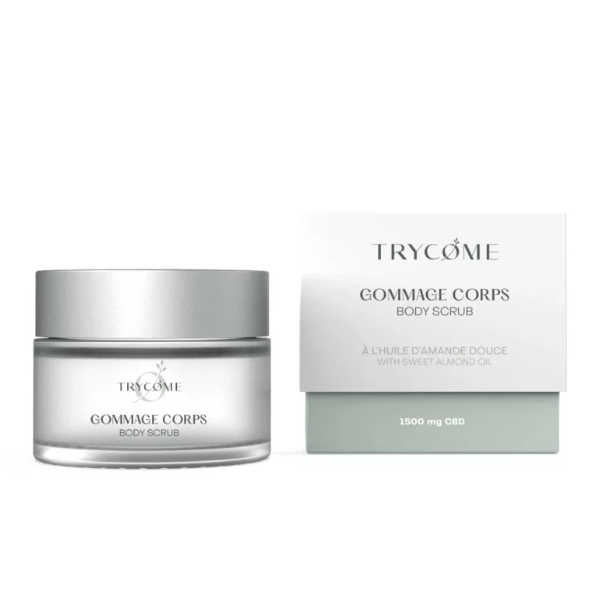Using CBD oil involves a few simple steps, but it's important to note that the appropriate dosage and method of administration can vary from person to person. Additionally, it's always a good idea to consult with a healthcare professional before starting any new supplement, including CBD. Here are some general guidelines on how to use
CBD oil:
Choose a High-Quality CBD Oil:Look for a reputable brand that provides third-party testing and quality assurance. This ensures that the product contains the amount of CBD it claims.
Determine the Right Dosage:CBD dosages can vary based on factors such as body weight, the condition being treated, and individual tolerance. Start with a low dose and gradually increase until you achieve the desired effects.
Consult with a Healthcare Professional:Before using CBD oil, especially if you are taking other medications, consult with a healthcare professional to ensure there are no potential interactions.
Recommended use:Oil pure 10% - For an optimal use an average of 1mg of CBD per kg of body weight per day is recommended. This means about 60mg of CBD for a 60kg person, which is equivalent to 10 to 12 drops of pure 10% CBD oil.
Oil pure 20% - For an optimal use, an average of 1mg of CBD per kg of body weight per day is recommended. This means about 60mg of CBD for a 60kg person, which is equivalent to 5 to 6 drops of 20% CBD oil.
Oil pure 30% - For an optimal use, an average of 1mg of CBD per kg of body weight per day is recommended. This means about 60mg of CBD for a 60kg person, which is equivalent to 3 to 4 drops of 30% CBD oil.
Be Consistent:Consistency is key when using CBD. It may take some time for you to experience the full effects, so give it a few weeks of regular use before adjusting your dosage.
Observe Effects:Pay attention to how your body responds to CBD. If needed, make adjustments to the dosage or method of administration.
Remember that individual responses to CBD can vary, and what works for one person may not work the same way for another. It's essential to start with a low dose, monitor your body's response, and adjust as needed.







Reviews
There are no reviews yet.